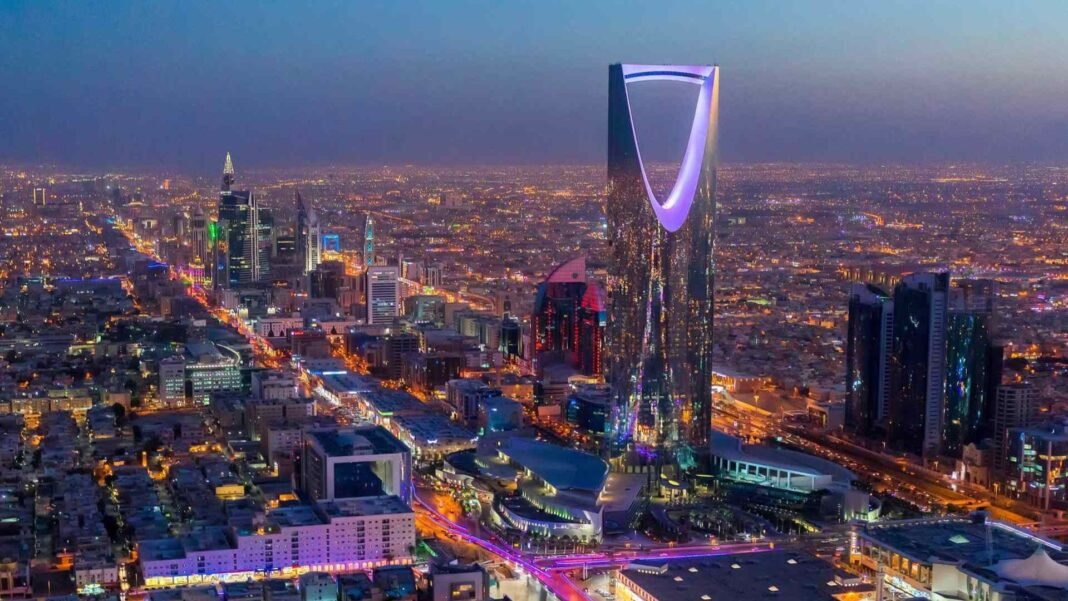Crown Prince Mohammed bin Salman has initiated significant reforms in the Riyadh real estate market to stabilize soaring land and rental prices. These measures come in response to a comprehensive study by the Royal Commission for Riyadh City and the Council of Economic and Development Affairs, highlighting the urgent need for affordable housing and market balance.
Overview of the Reforms
The Crown Prince’s directives focus on addressing the recent surge in property prices, which has made housing increasingly inaccessible for many residents. The reforms aim to create a more balanced real estate sector by increasing the availability of affordable housing options and regulating market fluctuations.
Lifting Restrictions on Land Transactions
One of the key components of these reforms is the lifting of restrictions on land transactions in two northern areas of Riyadh. The first area encompasses 17 square kilometers, while the second covers 16.2 square kilometers. These regions will now allow for sales, purchases, subdivisions, and construction permits, facilitating more robust development. This expansion adds to previously released zones, bringing the total area available for development to 81.48 square kilometers.
Annual Provision of Residential Plots
The Crown Prince has directed the Royal Commission for Riyadh City to provide between 10,000 and 40,000 fully planned and developed residential plots each year over the next five years. These plots will be priced at a maximum of SAR 1,500 per square meter and will be available exclusively to eligible Saudi citizens who are either married or at least 25 years old with no prior property ownership.
Conditions for Buyers
To ensure that these plots serve their intended purpose, buyers must adhere to specific conditions. They will face a ten-year restriction on selling, renting, or mortgaging the land, except in cases where loans are taken out for construction purposes. If construction is not completed within this decade, ownership will revert to the government, which will refund the value of the land.
Amendments to Existing Laws
In addition to the new measures regarding land transactions and residential plots, Crown Prince Mohammed bin Salman has ordered amendments to the White Land Tax Law. These changes are expected to be implemented within 60 days and aim to enhance real estate supply by encouraging the development of vacant lands.
Furthermore, regulatory actions will be established within 90 days to ensure fair relationships between landlords and tenants. This includes monitoring rental agreements and ensuring that both parties adhere to their obligations.
Monitoring and Transparency
To maintain market stability and transparency, the General Real Estate Authority and the Royal Commission for Riyadh City will oversee property prices in Riyadh. They will be responsible for submitting regular reports that assess market conditions and evaluate the effectiveness of these new measures.
Implications for Riyadh’s Real Estate Market
These reforms are crucial as they come at a time when Riyadh’s real estate sector is experiencing rapid growth driven by economic diversification efforts under Vision 2030. The Kingdom aims to reduce its reliance on oil revenues by positioning itself as a global hub for tourism and business.
Experts have noted that rising property prices have been a significant challenge in recent years. According to recent statistics, the Real Estate Price Index increased by 3.6% in Q4 2024—the highest quarterly growth recorded in six quarters—primarily driven by demand in the residential sector.
The new policies are expected to alleviate some pressure on housing demand while providing opportunities for developers and investors alike. By increasing housing supply and regulating market dynamics, these reforms could lead to a more sustainable real estate environment in Riyadh.
Crown Prince Mohammed bin Salman’s directives mark a pivotal moment for Riyadh’s real estate landscape. By implementing these comprehensive reforms, Saudi Arabia aims to stabilize land prices to enhance access to affordable housing for its citizens. As these measures take effect over the coming months, they will play an essential role in shaping the future of Riyadh’s real estate market while supporting broader economic goals aligned with Vision 2030.
The success of these initiatives will depend on effective implementation and ongoing monitoring by relevant authorities. As Riyadh continues its transformation into a modern metropolis, these reforms represent a critical step toward achieving a balanced and accessible housing market for all residents.






